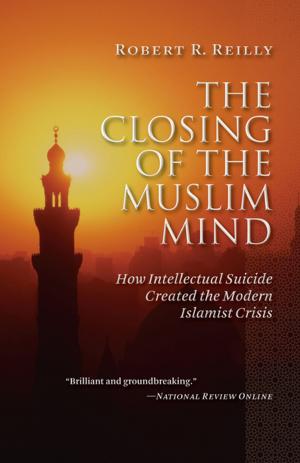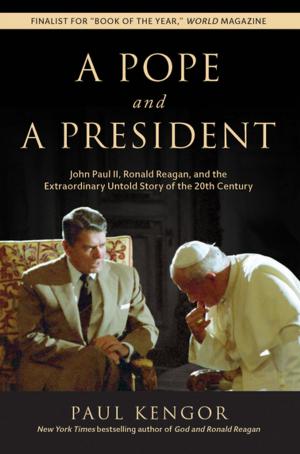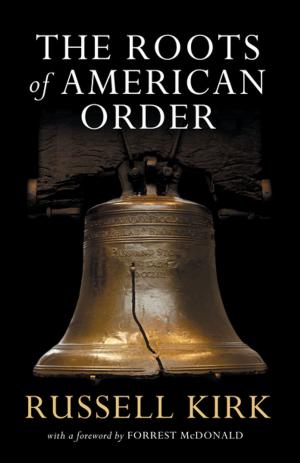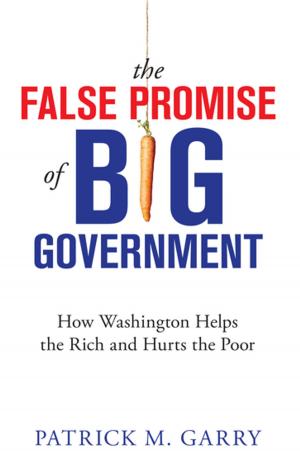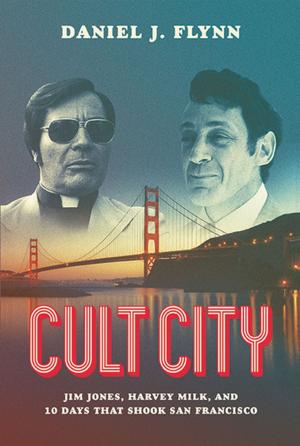| Author: | Doug Bandow, David Schindler | ISBN: | 9781497646803 |
| Publisher: | Intercollegiate Studies Institute (ORD) | Publication: | May 6, 2014 |
| Imprint: | Intercollegiate Studies Institute | Language: | English |
| Author: | Doug Bandow, David Schindler |
| ISBN: | 9781497646803 |
| Publisher: | Intercollegiate Studies Institute (ORD) |
| Publication: | May 6, 2014 |
| Imprint: | Intercollegiate Studies Institute |
| Language: | English |
The rapid spread of the liberal market order across the globe poses a host of new and complex questions for religious believers—indeed, for anyone concerned with the intersection of ethics and economics. Is the market economy, particularly as it affects the poor, fundamentally compatible with Christian moral and social teaching? Or is it in substantial tension with that tradition?
In Wealth, Poverty, and Human Destiny, editors Doug Bandow and David L. Schindler bring together some of today’s leading economists, theologians, and social critics to consider whether the triumph of capitalism is a cause for celebration or concern. Michael Novak, Richard John Neuhaus, Max Stackhouse, and other defenders of democratic capitalism marshal a number of arguments in an attempt to show that, among other things, capitalism is more Christian in its foundation and consequences than is conceded by its critics—that, as Stackhouse and Lawrence Stratton write, “the roots of the modern corporation lie in the religious institutions of the West,” and that, as Novak contends, “globalization is the natural ecology” of Christianity. The critics of liberal economics argue, on the other hand, that it is historically and theologically shortsighted to consider the global capitalist order and the liberalism that sustains it as the only available option. Any system which has as its implicit logic that “stable and preserving relationships among people, places, and things do not matter and are of no worth,” in the words of Wendell Berry, should be regarded with grave suspicion by religious believers and all men and women of goodwill.
Bandow and Schindler take up these arguments and many others in their responses, which carefully consider the claims of the essayists and thus pave the way for a renewed dialogue on the moral status of capitalism, a dialogue only now re-emerging from under the Cold War rubble. The contributors’ fresh, insightful examinations of the intersection between religion and economics should provoke a healthy debate about the intertwined issues of the market, globalization, human freedom, the family, technology, and democracy.
The rapid spread of the liberal market order across the globe poses a host of new and complex questions for religious believers—indeed, for anyone concerned with the intersection of ethics and economics. Is the market economy, particularly as it affects the poor, fundamentally compatible with Christian moral and social teaching? Or is it in substantial tension with that tradition?
In Wealth, Poverty, and Human Destiny, editors Doug Bandow and David L. Schindler bring together some of today’s leading economists, theologians, and social critics to consider whether the triumph of capitalism is a cause for celebration or concern. Michael Novak, Richard John Neuhaus, Max Stackhouse, and other defenders of democratic capitalism marshal a number of arguments in an attempt to show that, among other things, capitalism is more Christian in its foundation and consequences than is conceded by its critics—that, as Stackhouse and Lawrence Stratton write, “the roots of the modern corporation lie in the religious institutions of the West,” and that, as Novak contends, “globalization is the natural ecology” of Christianity. The critics of liberal economics argue, on the other hand, that it is historically and theologically shortsighted to consider the global capitalist order and the liberalism that sustains it as the only available option. Any system which has as its implicit logic that “stable and preserving relationships among people, places, and things do not matter and are of no worth,” in the words of Wendell Berry, should be regarded with grave suspicion by religious believers and all men and women of goodwill.
Bandow and Schindler take up these arguments and many others in their responses, which carefully consider the claims of the essayists and thus pave the way for a renewed dialogue on the moral status of capitalism, a dialogue only now re-emerging from under the Cold War rubble. The contributors’ fresh, insightful examinations of the intersection between religion and economics should provoke a healthy debate about the intertwined issues of the market, globalization, human freedom, the family, technology, and democracy.






